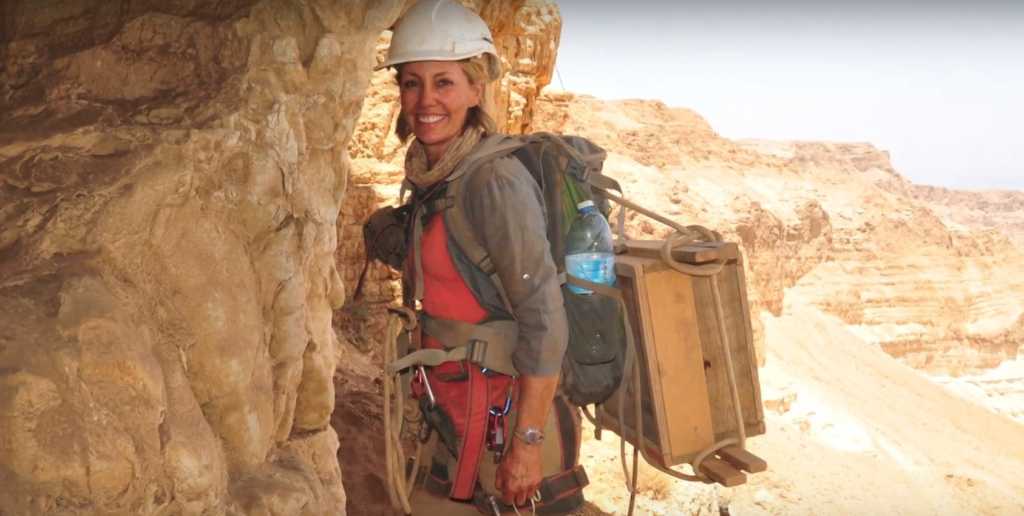The Dead Sea Scrolls are incredibly important in the historical validation of the Hebrew Scriptures. Discovered in the Qumran Caves near the Dead Sea, they contain fragments from every book found in the Old Testament, with the exception of the Book of Esther.
However, despite this monumental discovery back in 1947, archaeological and scholarly work continues with the aim of unraveling many of the ancient mysteries of the Holy Scriptures. One of those involved in this work is Alison Schofield, a professor of religious and Judaic studies from the University of Denver. She is hoping to develop a new translation of the ancient scrolls.
“I was always a fan of Indiana Jones, and I was always interested in the Middle East,” Schofield told the University of Denver in a recent interview. “I’ve been interested in the Dead Sea Scrolls for as long as I can remember.”
Through arduous and often dangerous excavation and research, Schofield is hoping to unearth some new mysteries from the sacred texts, explaining:
“This was really an adventure for me. It was very surreal in the sense that the setting itself was very dramatic. If you are in the cave, you are hanging over a nearly-thousand-foot cliff. It is incredibly exciting and dangerous to be repelling into a cave and to work on the archaeological dig harnessed the entire time.”
Progress can be painstaking. Schofield is currently working on piecing together tiny scroll and news fragments in order to create a more extensive manuscript. She hopes that this will result in her being able to better interpret the scrolls’ meaning.
“Every day I wake up thinking, ‘I’m really just amazed that I have this opportunity to work with these scrolls that were written by so many hands 2,000 years ago. The scrolls tell us so much about not only the origins of Judaism but then the branching off of Christianity. To have that opportunity to hear those ancient voices and to be able to share those ancient voices with people is a great opportunity.”
Check out more on Alison’s work below:
(H/T: CBN)



